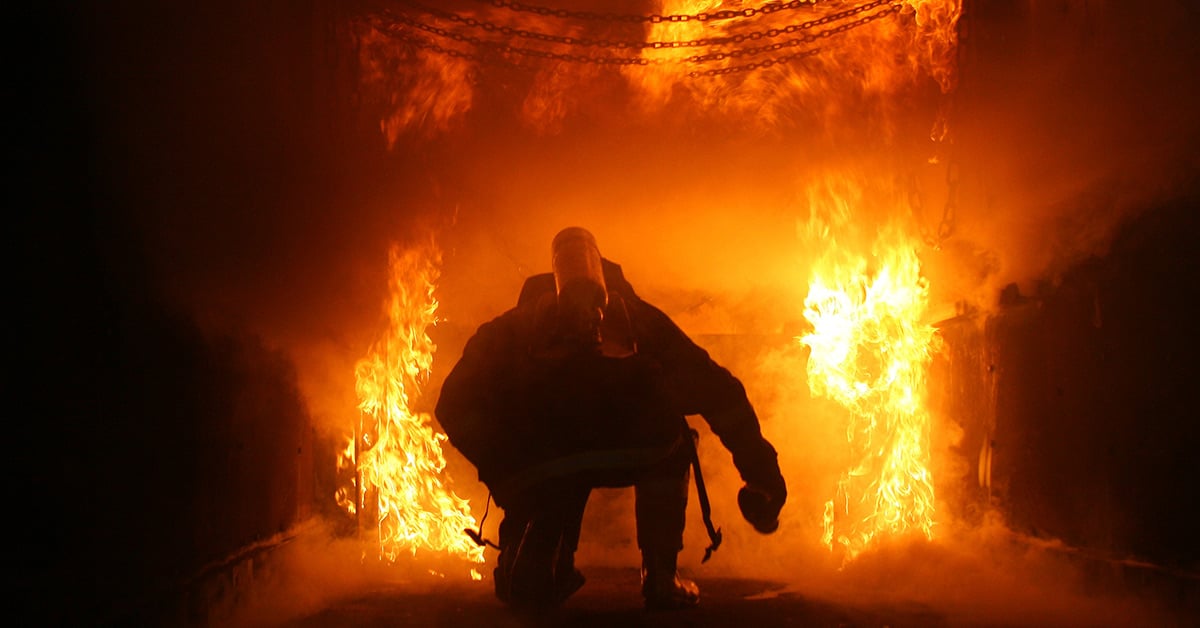V2X for Public Transportation and Emergency Vehicles

V2X offers enormous potential for cities and will have a significant influence on traffic management operations. Although today’s city authorities are still hesitant to fully adopt V2X technology, a number of early adopter applications—such as traffic signal priority for public transportation vehicles — do offer short-term benefits. Camera-enabled V2X could enhance the effectiveness of these applications even more.
WHAT IS V2X?
V2X is a crash avoidance technology that relies on communication of information between nearby vehicles and infrastructure to warn drivers about potentially dangerous situations that could lead to crashes. For example, V2X helps warn drivers that a vehicle ahead is braking and they need to slow down, or let a driver know that it is not safe to proceed through an intersection because another car, unseen by the driver, is quickly approaching.

V2X PAIRED WITH INTELLIGENT CAMERAS
Traffic management systems have always made use of cameras to monitor traffic and detect traffic users in real time. Be it for automatic incident detection, traffic signal control or traffic data collection, smart cameras have significantly contributed to the safety and efficiency of our roads. By combining the real-time detection capabilities of these cameras with real-time vehicle-to-infrastructure communication, even more capabilities can be unlocked. Here are a few examples:
- Automatic incident detection: Traffic incidents, such as stopped vehicles, wrong way drivers, speed drops or fallen objects can be detected by intelligent cameras. This detection information can be sent to vehicles through the V2X system. This offers traffic operators the ability to warn oncoming traffic on potential threats nearby.
- Traffic signal control: Highly automated traffic control, such as real-time adaptive signal systems, requires extensive detection systems, particularly on arterial roads. Road operators generally deploy cameras to detect traffic participants in real-time to be able to change traffic signals ‘on demand’. With V2X at an intersection, a lot more information from traffic users becomes known that can be communicated with V2X technology. For example, the presence of pedestrians and cyclists on an intersection can be detected and communicated to vehicle-mounted V2X units in order to prevent possible collisions with vulnerable road users.
- Priority given to public transport and emergency vehicles: Another application for connected traffic signal control is priority for public transport and emergency vehicles, enabling the rapid movement of those vehicles on urban arterial roads. It allows traffic control strategies to decrease the Emergency Vehicle Response Time (EVRT) and to minimize public transport vehicle delay.
To get the full story, download the V2X Technical Note.
Traffic managers across the globe use FLIR Intelligent Transportation Systems technology to keep our roadways safe and secure. Find out how FLIR products can control signals for vehicles, keep pedestrians and cyclists safe, detect incidents on roadways; and collect valuable traffic data in the FLIR Intelligent Transportations Guidebook.
